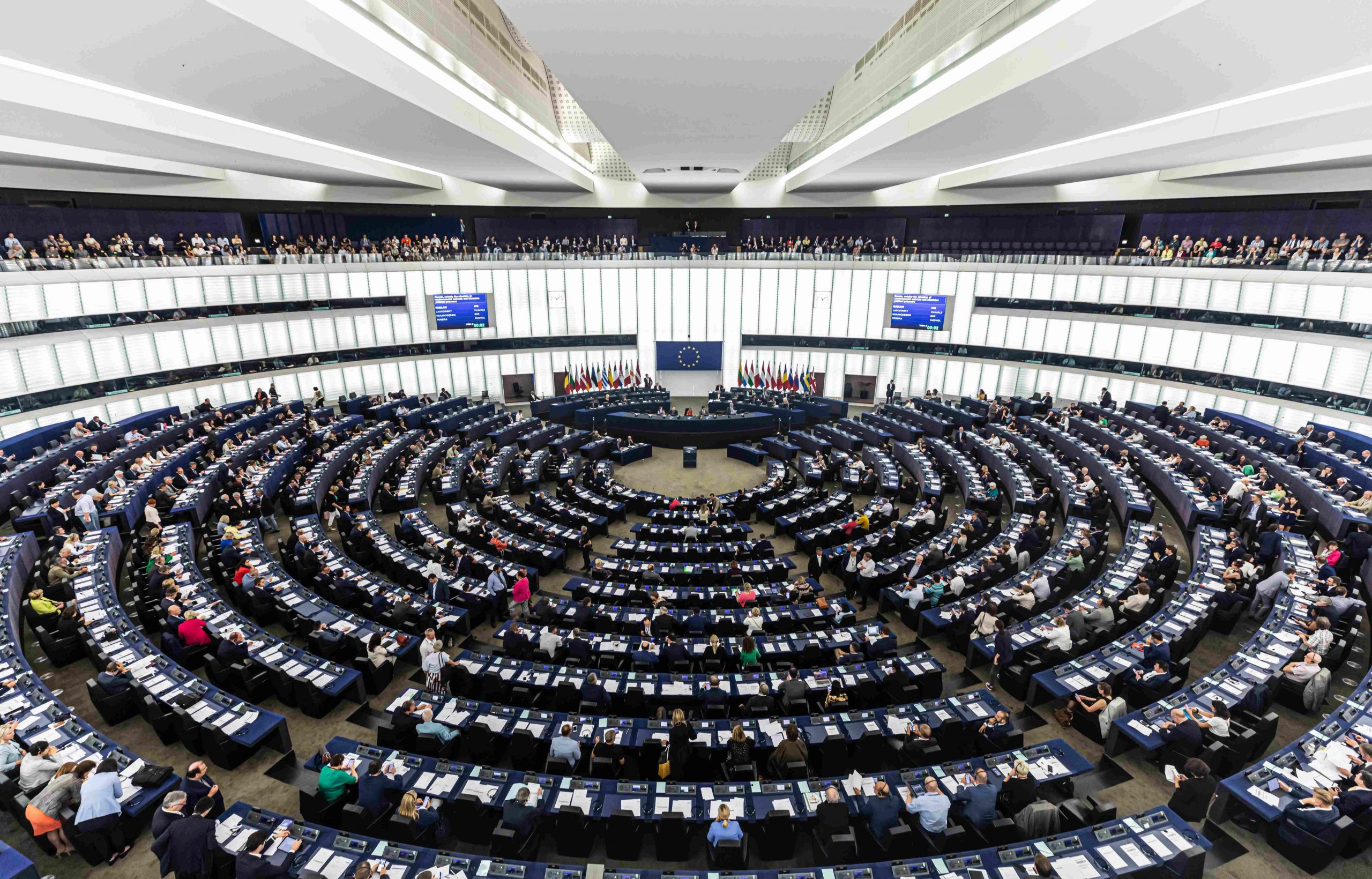Today the European Parliament adopted the political agreement between the Parliament and the Council on the highly controversial EU Nature Restoration Law.
The law says that EU countries must restore at least 20% of the degraded habitat areas covered by the new law by 2030, 60% by 2040 and 90% by 2050.
It also sets biodiversity indicators in the agricultural sector as well for the restoration of organic soils in drained peatlands used for agriculture.
According to the EU, 80% of European habitats are in poor shape. The stark state of the ecosystem inspired the proposal on 22 June 2022 in an effort to contribute to the long-term recovery of damaged nature across the EU’s land and sea areas.
The Commission argues that the law will bring economic benefit, with every euro invested bringing back 8 euros. But, the proposed law has faced severe backlash and back-peddling recently, particularly from farmers who have launched ongoing protests against the measures.
Within the European Parliament, the law barely survived last minute efforts from a coalition of the right to vote against it through a vote to reject the legislative proposal. The move lost with 273 in favor and 345 against.
The law was ultimately adopted with 329 votes for, 275 against and 24 abstentions.
As a next step, the text will have to be voted in by the Council of the EU, and then EU Member States will be expected to create their own restoration plans within two years.
Commenting on the law in a press briefing after the vote, rapporteur César Luena said the law goes beyond conservation and “gives the EU international leadership.”
He added, “This law isn’t what many people have said it is. There are lies being told and manipulations. This is a balanced law to help the primary sector…Personally, I would have liked to have more ambitious objectives in certain areas and for it to have been adopted earlier.”
In terms of next steps for the European Parliament, Luena says the task of dealing with financing falls on the shoulders of the next parliamentary term.
When asked whether or not the law will create too many issues for Europe’s farmers and possibly lead to food security issues, Luena responded, “We need time so farmers realize this law is not a problem. My job was to negotiate and explain this law, and now I am asking for time so people can see that it solves problems.”



